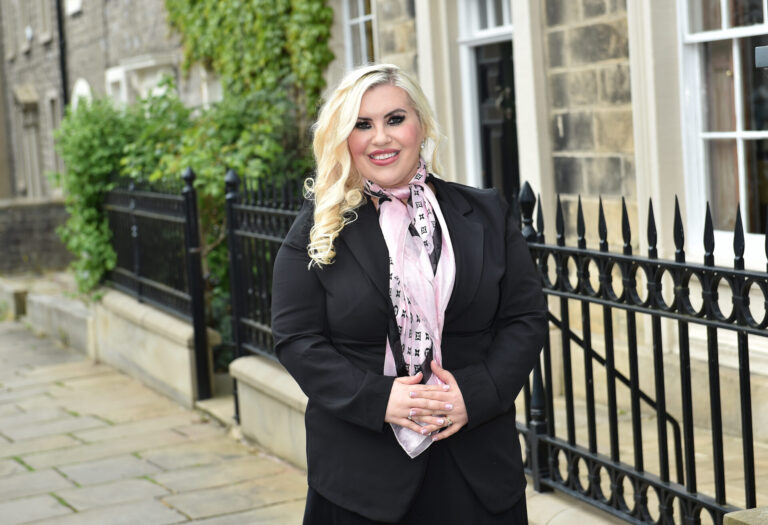
How business valuations are dealt with during divorce proceedings

Jenna Atkinson, associate solicitor from our divorce and family law team, provides an outline to when and how a business entity is dealt with during the financial settlement in divorce proceedings.
Divorce can often be a difficult time for anyone to go through, but when one of the spouses owns a business or a business is involved within the family, things can be even more complex. If you are self-employed or your spouse is self-employed, a business valuation will often need to be obtained as part of the divorce process.
In divorce proceedings, a business will often be considered by the court as one of the financial resources available in a matrimonial case. To provide full advice on a financial settlement, it is vital that an exchange of financial disclosure is undertaken.
Providing the correct financial information
This involves collating your financial information, which would include details of all assets and liabilities and agreeing a mutual time to exchange this information simultaneously with your spouse or their instructing solicitor.
The first thing that should be considered within the disclosure is the company accounts and what they show in terms of turnover, long term liabilities and whether the balance sheet has a positive or negative figure. The accounts should also be looked at carefully in case they evidence director’s loans (cash loans) due out of the company to one of the parties.
The next step will be to obtain an accurate valuation of the business – usually based on a willing buyer and seller, factoring in sale costs and taxes. What may also be considered is the income a spouse can draw from a business, relevant for example, when considering maintenance.
Making a business valuation
If a formal valuation of the business is required, a single joint expert, usually a forensic accountant, is appointed to act on behalf of both parties. Businesses can be valued in several ways and advice will need to be sought on how a that should be done. Sometimes it can be based on the value of the net assets in the business, and sometimes a multiple of earnings can be taken into consideration. Economic conditions may also play a factor.
If an agreed valuation process cannot be achieved, court proceedings may be required. Any application to a judge for a business valuation must then be made at the first appointment in financial remedy proceedings. You should therefore identify possible experts to instruct at a very early stage.
It is important to obtain clear advice from the outset as every case is different and will be based on its own facts. It is advisable to seek specialist legal advice on these issues as soon as possible.
If you are self-employed or own a business and you are considering divorce, we can help. To arrange a consultation with a member of our divorce and family law team, please contact Harrison Drury on 01772 258321.
